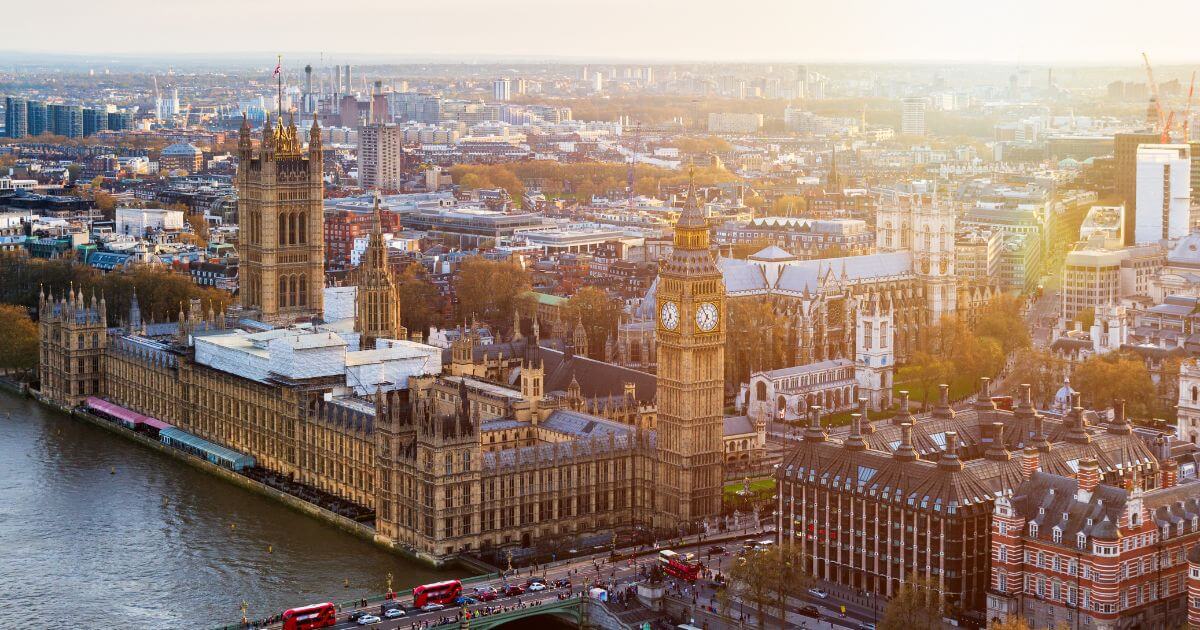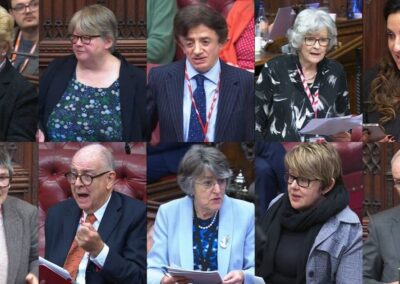Almost a thousand amendments have been tabled to the assisted suicide Bill, believed to be approaching a record number, as the Bill enters Committee stage in the House of Lords.
The number of amendments tabled appears to reflect the unprecedented interest Peers have taken at every stage of this Bill. It follows over 200 Peers putting their names down to speak at Second Reading, identified as a Parliamentary record by The Times.
The Terminally Ill Adults (End of Life) Bill, which would legalise assisted suicide in England and Wales for those with a prognosis of six months or less, has faced extensive criticism in the House of Lords, with over two-thirds of Peers who took a position on the Bill speaking against it during second reading.
Now, on the eve of Committee stage in the House of Lords, a total of 957 amendments to the assisted suicide Bill have been tabled. This is believed to be approaching a record number, with Matthew England, a researcher at the Hansard Society, highlighting that over the last decade, no other bill has had more than around 750 amendments at this stage.
Amendments have been tabled or sponsored by 57 separate peers, who come from all sides of the House and both sides of the argument. Lord Falconer, the Bill’s Sponsor, has himself tabled 35 of the amendments.
Amendments can be tabled right up to the final sitting of the committee, meaning this number could become even higher.
Amendments include substantial changes to the proposed legislation
Some of the amendments propose substantial changes to the assisted suicide Bill in an attempt to improve the legislation.
Lord Carlile of Berriew has tabled an amendment to reintroduce the High Court safeguard which was removed earlier this year.
Baroness Coffey has tabled numerous amendments, including one which would aim to ensure matters relating to the provision of assisted suicide are only undertaken face to face with the terminally ill person, and another which would aim to ensure that artificial intelligence is not used anywhere in the assisted suicide regime.
Baroness Grey-Thompson has also tabled numerous amendments to the Bill, including one which would aim to ensure that women who wish to end their lives by assisted suicide are not pregnant.
Baroness Berger has tabled an amendment which would necessitate that a person would only be able to end their life by assisted suicide if this desire is because of their terminal illness, not any other reason, such as feeling like a burden or being lonely.
Baroness Debonnaire has tabled an amendment which would aim to ensure that the definition of terminally ill could not be met simply by refusing “standard medical treatment”.
Baroness Keeley has tabled a series of amendments, including one that aims to prevent care homes and hospices from being forced into providing any services relating to the provision of assisted suicide.
Over 300 amendments to the Bill were rejected at the House of Commons committee stage
During the Bill’s consideration at Committee in the House of Commons, the Bill’s sponsor Kim Leadbeater and her supporters rejected over 300 amendments that sought to strengthen safeguards in the Bill and protect vulnerable groups. Labour MP Naz Shah rejected Leadbeater’s claims that Committee Stage had made “already the strongest assisted [suicide] legislation anywhere in the world even safer and more robust”, saying, “We set out to improve it. I think it’s got worse on lots of issues”.
More than 90 MPs indicated they wished to speak on over 60 amendments in the little over four hours of debate that were allocated for the Bill at Report stage in the Commons. In the end, only 28 were able to do so.
Professor Adrian Hilton, lecturer in the philosophy and history of political policy and political theology, said “900 amendments. 900 needs for clarification and safeguards.”
“I don’t think there’s a more consequential bill before Parliament than that which will legalise assisted suicide; or a more important constitutional obligation before the House of Lords than to block it”, he continued.
Spokesperson for Right To Life UK, Catherine Robinson, said “That the assisted suicide Bill requires almost 1,000 amendments is a testament to the utter shambles that the legislation is”.
“It is poorly drafted, does not include adequate safeguards to protect vulnerable people from harm, and delegates wide-reaching powers to Government ministers in lieu of providing sufficient information on the face of the Bill”.












